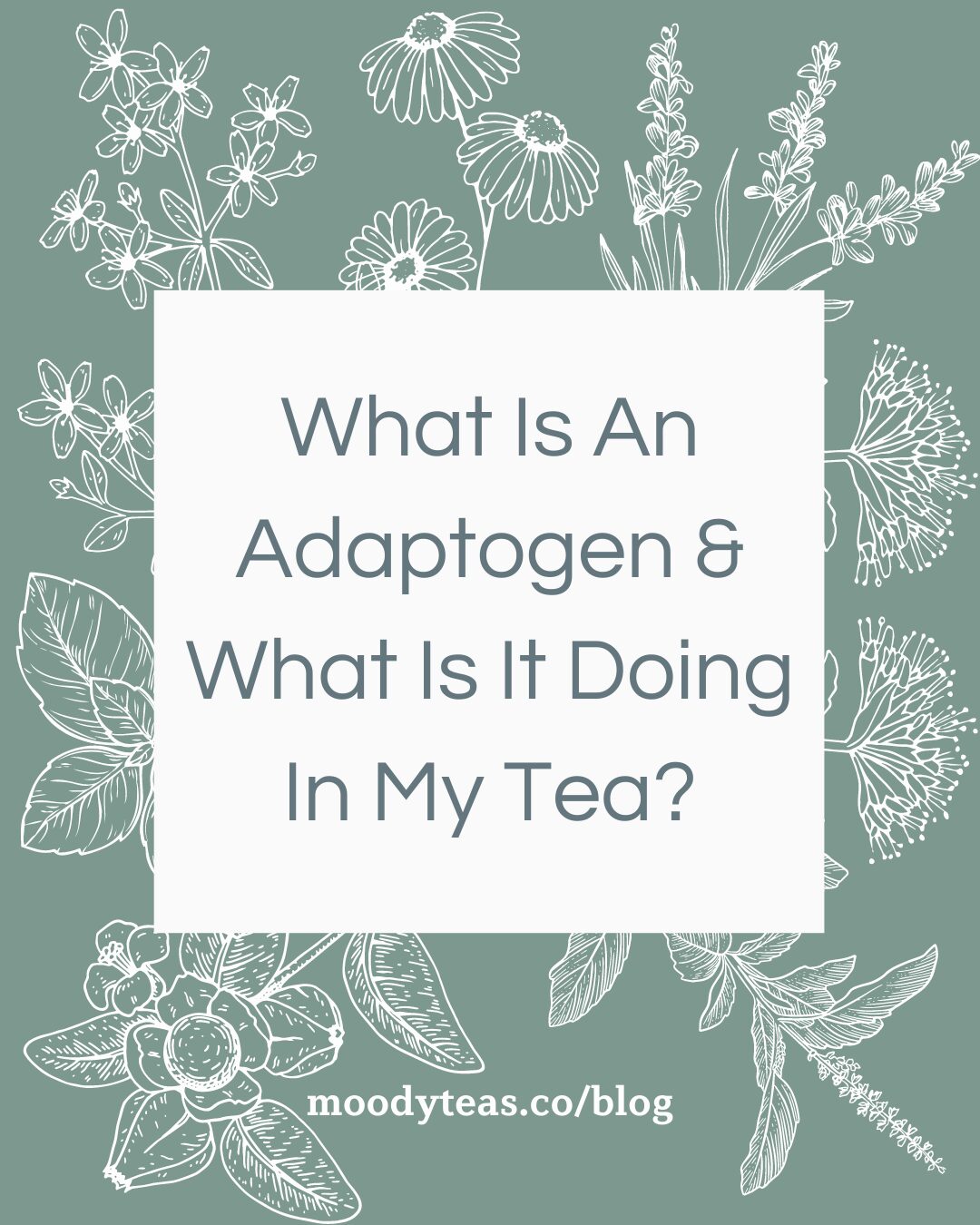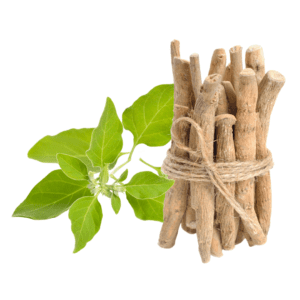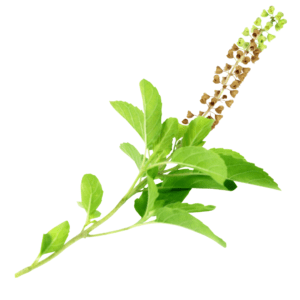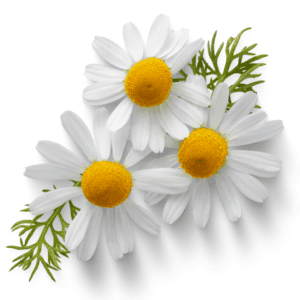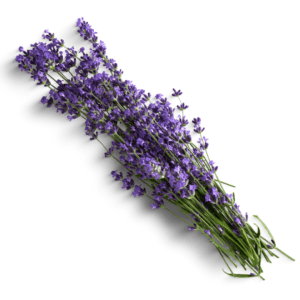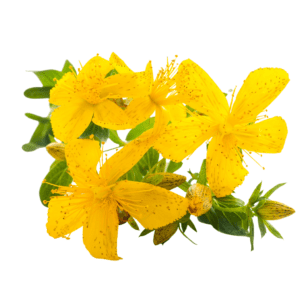Adaptogen is definitely a buzzword lately, but what is an adaptogen, and what do they actually do? Well, this is a question we’ve heard asked a lot lately. Similarly to “functional ingredients,” adaptogens are having their moment right now, but what are they? How do they work? DO they work? Are they worth it? These are a few of the questions we hear often, so we’re going to give you some background on what adaptogens are, and what they do.
Tea has been enjoyed for centuries as a soothing and refreshing beverage, but did you know that certain types of tea can also have a positive impact on your mood? In particular, tea containing adaptogens and medicinal herbs can help to reduce stress, improve focus, and enhance overall well-being. Today we’ll be exploring the fascinating world of adaptogens and medicinal herbs and how they can affect your mood through tea consumption.
What’s an Adaptogen?
First, let’s define what an adaptogen is. Adaptogens are natural substances that help the body to adapt to stress and maintain homeostasis or balance. Some examples of adaptogenic herbs that are commonly used in tea include ashwagandha, rhodiola, and holy basil. These herbs have been used in traditional medicine for centuries and have recently gained popularity due to their stress-reducing properties.
When consumed in tea, an adaptogen can help to regulate the stress response in the body and reduce the negative impact of stress on mood. For example, ashwagandha has been shown to reduce cortisol levels in the body, which is the hormone associated with stress. By reducing cortisol levels, ashwagandha can help to promote feelings of calmness and relaxation.
What About nervine herbs?
Another type of medicinal herb commonly found in tea is the nervine herb. They’re not as popular right now as their cousin the adaptogen, but they’re just as powerful. While these aren’t technically adaptogens, nervine herbs have a calming effect on the nervous system and can help to reduce anxiety and improve sleep. Some examples of nervine herbs that are commonly used in tea include chamomile, lavender, and lemon balm. These herbs have a long history of use in traditional medicine for their soothing properties.
When consumed in tea, nervine herbs can help to promote a sense of relaxation and reduce feelings of anxiety. Chamomile, for example, has been shown to reduce symptoms of anxiety in people with generalized anxiety disorder. Similarly, lavender has been shown to have a calming effect on the nervous system and can help to improve sleep quality. St. John’s Wort is another nervine herb that has been used for centuries to treat mild to moderate depression. When consumed in tea, St. John’s Wort can help to improve mood and reduce symptoms of depression.
Are Adaptogens and Nervine Herbs worth it?
Overall, tea containing adaptogens and medicinal herbs can have a powerful impact on mood and well-being. By regulating the stress response, reducing anxiety, and improving sleep, these herbs can help to promote a sense of calmness and relaxation. So the next time you’re feeling stressed or anxious, reach for a cup of tea containing an adaptogen or medicinal herbs and see how it can affect your mood for the better.

